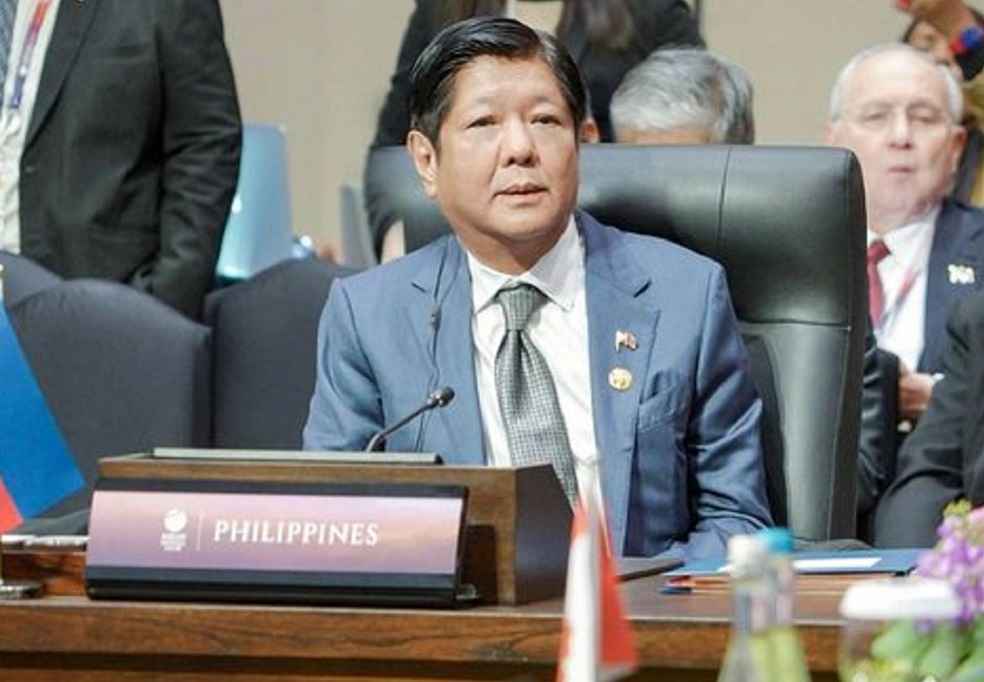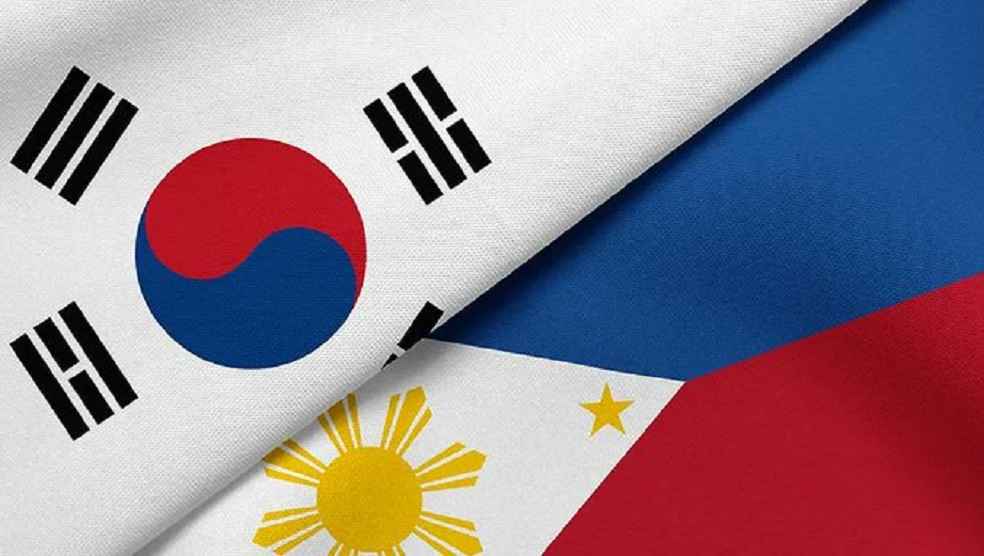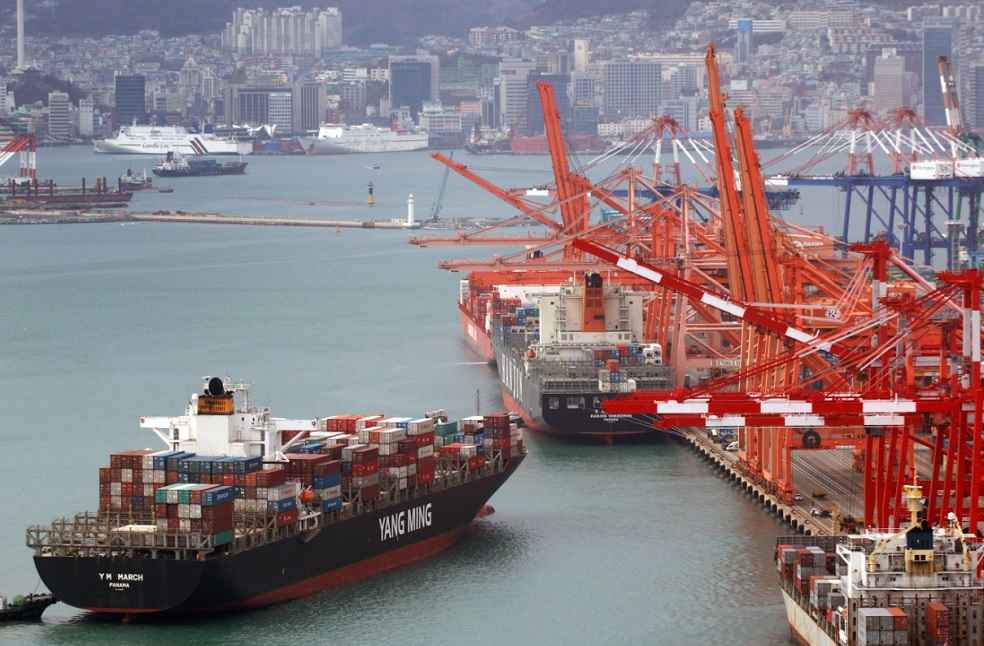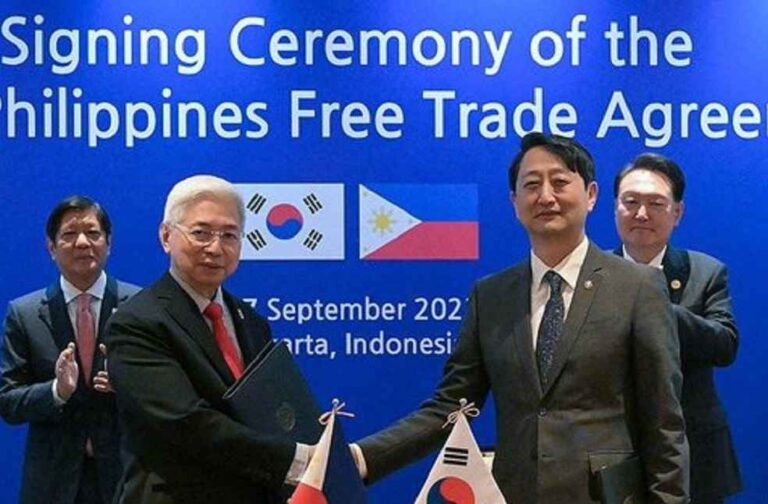A pivotal moment marked the economic relations between the Philippines and South Korea as they officially inked a Free Trade Agreement (FTA), announced by Philippine President Ferdinand ‘Bongbong’ Marcos Jr. on Thursday. Marcos highlighted the profound impact of the Philippines-Korea FTA accord, highlighting its capacity to solidify bilateral trade and investment ties and symbolize a significant milestone in their economic alliance.
This strategic move followed Marcos’ attendance at the 43rd ASEAN and Related Summits, after which he engaged in a bilateral discussion with South Korean President Yoon Suk Yeol. Witnessing the FTA signing during this session, Marcos acknowledged it as a manifest symbol of both countries’ mutual dedication to economic progress and growth. The agreement is forecasted to facilitate job creation and support the Philippines’ ambition to emerge as a regional nexus for sustainable investments.

Regional Strategy and Cooperative Efforts
The atmosphere of the 43rd ASEAN Summit and Related Summits was imbued with a shared determination for regional collaboration and multilateralism among adjacent nations. Despite the prevailing challenges to cultivate peace, security, stability, and prosperity across the region, Marcos actively partook in 12-leader-level conversations with nations such as Australia, Canada, China, India, Japan, the Republic of Korea, the United States, and the United Nations.
During these exchanges, Marcos brought to light crucial ASEAN concerns, including food and energy security, the protection of migrant workers, climate change mitigation, and digital transformation, all of paramount significance to the Philippines. ASEAN member-states and select external partners underscored the necessity for an international system founded on rules and asserted that ASEAN epitomizes a competitive, integrated regional economy anchored in the principle of centrality.

Apart from advocating for the formulation of guidelines to safeguard migrant workers and families during crises and combating human trafficking, Marcos also participated in the ASEAN Plus 3 meeting. This gathering entailed discussions on collaborative areas, such as food security, climate change mitigation, and the digital economy, with ASEAN Member States, China, Japan, and the Republic of Korea.
Addressing Crucial Regional and International Matters
The East Asia Summit, attended by Marcos, delved into a spectrum of strategic, political, and economic matters of shared interest and concern. Marcos accentuated the essentiality of a rules-based international system for resolving South China Sea conflicts, as they bear implications not only for the Philippines but also for the entire region.
Marcos Echoed the Philippines’ commitment to peaceful dispute resolution and urged all nations to adhere to the freedom of navigation and overflight in the South China Sea, consistent with international law, including the 1982 UNCLOS. He further appealed to all parties to exercise self-restraint and abstain from actions that could escalate tensions, provoke misunderstandings, and result in miscalculations in the South China Sea.

During the summit, other pressing regional and global matters, such as the situation in Myanmar, the denuclearization of the Korean Peninsula, and the Ukraine conflict, were also analyzed.
The FTA signing between the Philippines and South Korea symbolizes a mutual acknowledgment of the abundant opportunities for complementation and collaboration between both nations and signifies a crucial milestone in their economic partnership. As regional countries persist in their endeavors to promote regional cooperation, peace, and prosperity, this FTA exemplifies the positive outcomes attainable through mutual commitment and collaboration.
BUSINESS GENERAL | India Addresses EU Carbon Tax: Steel Trade at Climate Crossroads



